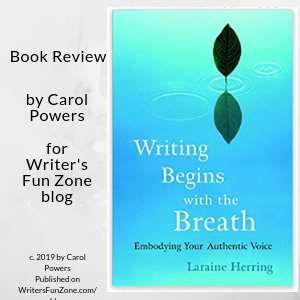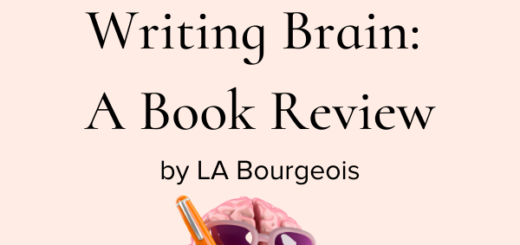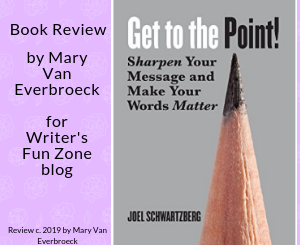Writing Begins With The Breath by Laraine Herring, Book Review by Carol Powers
 Welcome to our new book review series. This review is written by Carol Powers, student at Barany School of Fiction who writes women’s fiction and nonfiction.
Welcome to our new book review series. This review is written by Carol Powers, student at Barany School of Fiction who writes women’s fiction and nonfiction.
***
If you’re a writer like me, and you probably are if you’re reading this, you’re always on the lookout for books on defeating the Mind Monsters that do their best to keep you from writing.
You know the ones I’m talking about – The Inner Critic, The Procrastinator, The Perfectionist …. the list goes on.
You probably also look for books on the craft of writing too -– plot, characterization, the best way to outline. Another endless list.
Enter … (drum roll, please) Writing Begins With The Breath: Embodying Your Authentic Voice by Laraine Herring.
I was pleasantly surprised to discover that this is a book that does both. It gives you practical methods to keep you showing up to write and also shows how to use these same tools and tips to improve the quality of your writing. This book is a win-win.
The book is divided into three parts: Focusing The Mind, The Deep Writing Process, and Embracing What and Where You Are.
The author, who has degrees in writing and counseling psychology, and teaches creative writing, does this by teaching you how to access your best writing by discovering your “Deep Voice” through simple breath and body exercises. She also provides writing prompts to accompany the exercises. She calls them “Body Breaks and Touchstones.”
The “Body Breaks” are quick yoga-type exercises and poses, like lying still on the floor while breathing deeply, alternate nostril breathing, and moving your eyes in certain patterns. The “Touchstone” prompts encourage you to explore your own inner world, like “Make a list of pivotal change for you. Select one from your list and write in depth about it.”
She also provides prompts to help you explore your characters’ inner worlds. One prompt I especially liked was going to a thrift store to find something my character would never buy, bring it back to my writing space to use in a scene, then write about your character’s reaction to the object. Just thinking about it has helped me develop my characters more in the novel I am writing.
What didn’t I like about this book? Usually I am so enamored with a writing book I really enjoy and find useful that pinpointing what I found negative is hard. Not so with this book. It was easy.
I didn’t like the beginning of the Introduction. I almost quit reading the rest. The author recounts how she nearly was lost in a blinding snowstorm because she was determined to drive to a used book store 70 miles away. Over desolate mountain roads, no less. It really is a miracle she’s still with us.
My first thought when I read this was, “How could someone who isn’t smart enough to realize she needs to stay the heck home when her car is frozen solid in a blizzard be able to teach me anything?”
But as I continued reading, the author explained how this experience resulted in this book. She realized as she sat alone in a car in a blizzard, how out of touch she’d become with herself and her writing. So I kept reading. I am glad I did. I think you will be, too.
***
ABOUT THE BOOK REVIEWER

Carol Powers is a retired USAF JAG officer and a student at the Barany School of Fiction. She is writing her first book, an historical fiction novel set during World War II England, Scotland, and France. She is the winner of the Bronze Award, First Paragraph Contest, Fall 2014 (fiction section) at womensmemoirs.com. Her short story, “The Letter,” won shared second place in the Fall 2018 Tudor ghost story contest featured in On the Tudor Trail.com. It was published in the January 2019 edition of Tudor Life Magazine. She lives in North Carolina.







The book sounds fascinating! It’s on my list to read. Thank you for giving us a heads up regarding the beginning of the book. Thanks for sharing.
Thanks, Mary! I’m so glad you found my review useful. 🙂